
Natural Stroke Prevention
Share
In today’s fast-paced world, maintaining optimal health is a priority, and reducing the risk of life-threatening conditions like strokes is essential. While no single supplement can guarantee stroke prevention, combining specific natural health supplements with a healthy lifestyle can support cardiovascular and brain health, potentially reducing stroke risk. Always consult with a healthcare provider before starting any supplements, especially if you have pre-existing conditions or take medications. Here are Viva Magazine five natural health supplements that are often associated with stroke prevention:
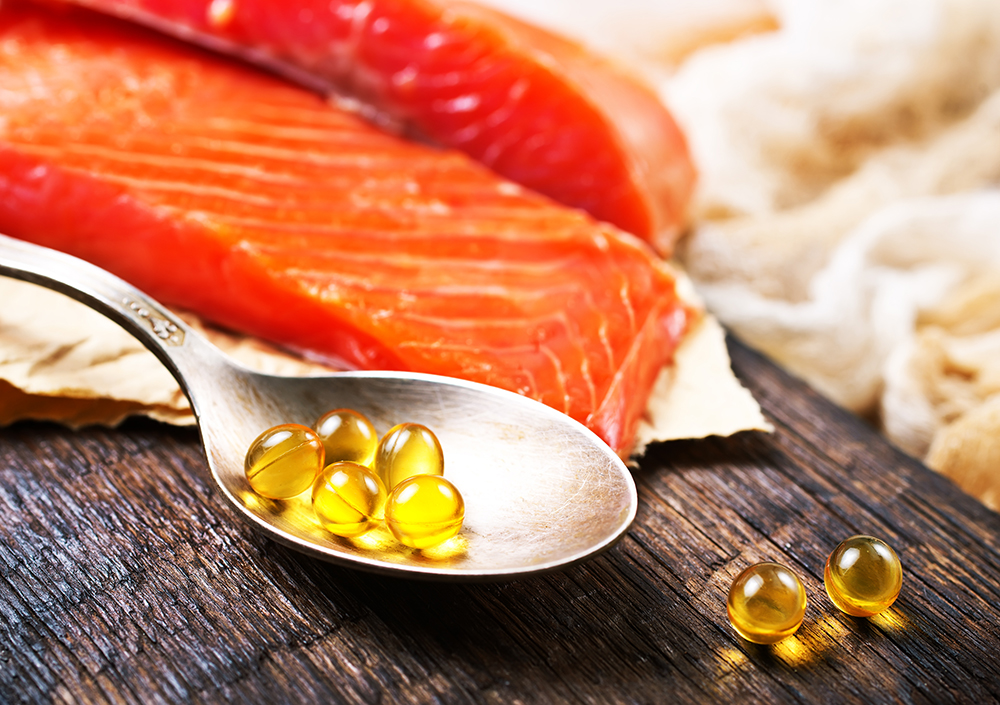
1. Omega-3 Fatty Acids (Fish Oil)
How It Helps: Omega-3 fatty acids, particularly EPA and DHA, are known for their anti-inflammatory properties. They lower triglycerides, improve blood vessel function, and make platelets less sticky, which can reduce clot formation—a significant contributor to stroke risk.
Sources: Fish oil capsules are the most common source, but algae-based omega-3 supplements are available for vegetarians and vegans.
Recommended Dose: Typically, 1,000–2,000 mg per day of combined EPA and DHA. Consult your doctor to tailor this dose to your needs.
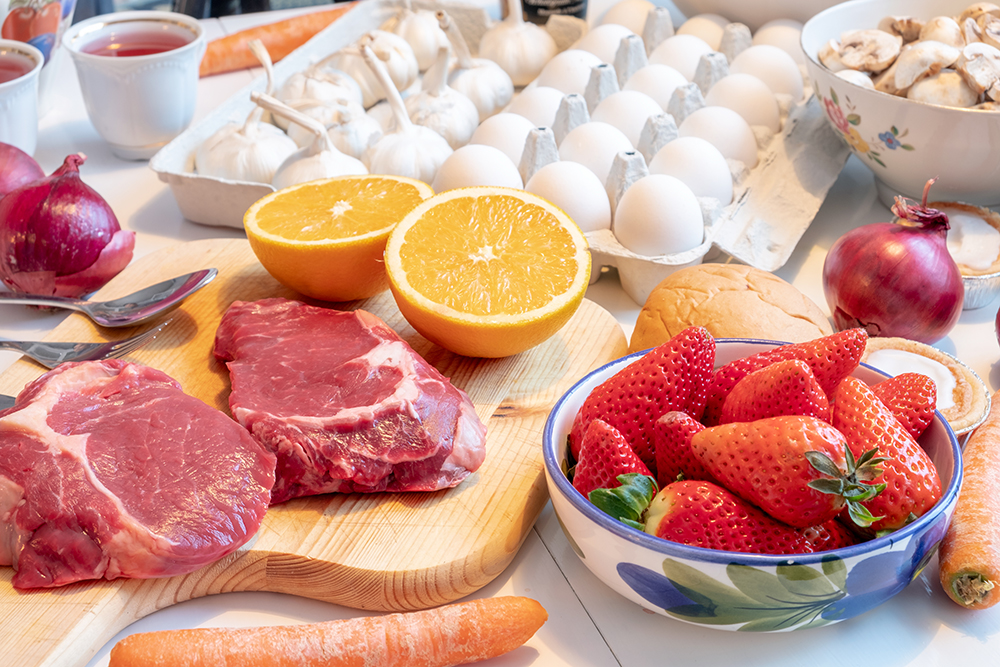
2. Vitamin D
How It Helps: Vitamin D is more than just the "sunshine vitamin." Low levels of vitamin D have been linked to increased blood pressure, arterial stiffness, and systemic inflammation—all factors that heighten stroke risk. Supplementation can help improve vascular health and overall well-being.
Sources: You can get Vitamin D through sunlight exposure, fortified foods, and Vitamin D3 supplements.
Recommended Dose: 1,000–2,000 IU daily, adjusted based on your blood levels as advised by your healthcare provider.
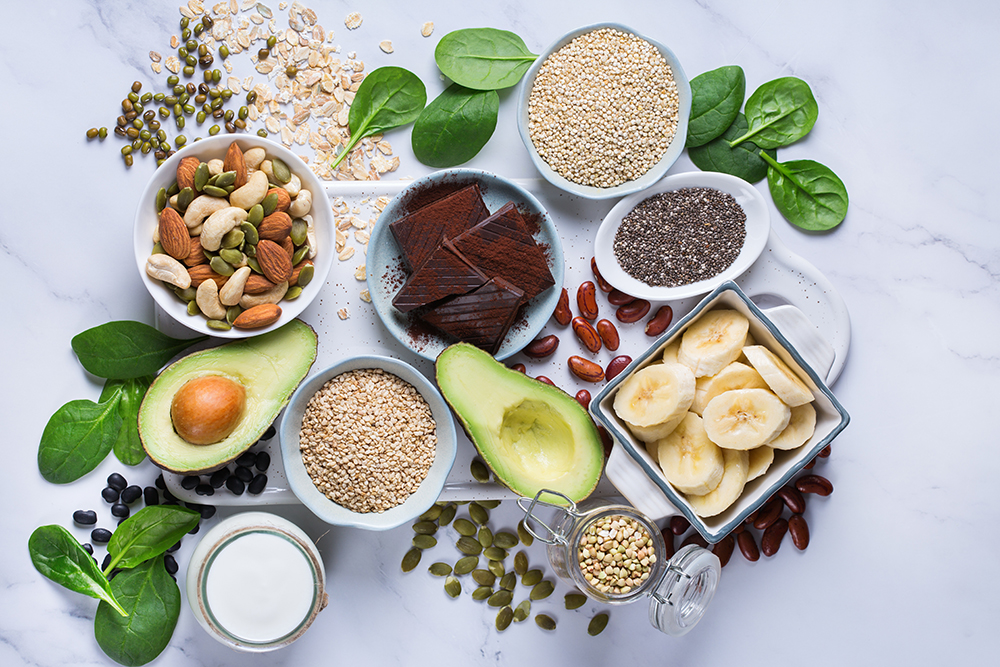
3. Magnesium
How It Helps: Magnesium is a vital mineral that plays a role in regulating blood pressure, reducing inflammation, and maintaining normal heart rhythms. Studies have linked magnesium deficiency to a higher risk of hypertension and stroke.
Sources: Magnesium supplements come in various forms, such as glycinate, citrate, or malate.
Recommended Dose: 200–400 mg per day, depending on your diet and individual needs.
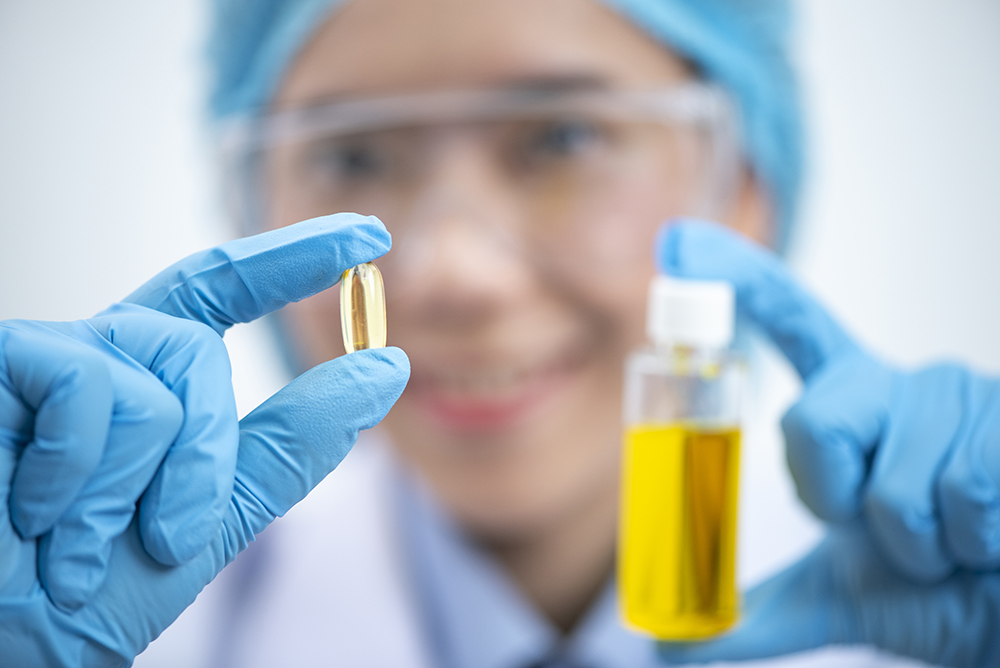
4. Coenzyme Q10 (CoQ10)
How It Helps: CoQ10 is a powerhouse antioxidant that supports energy production in cells and reduces oxidative stress. It is known for its role in lowering blood pressure and improving vascular function, both critical in stroke prevention.
Sources: CoQ10 supplements are available, with ubiquinol being a more bioavailable form.
Recommended Dose: 100–300 mg per day, depending on your health status and medical advice.
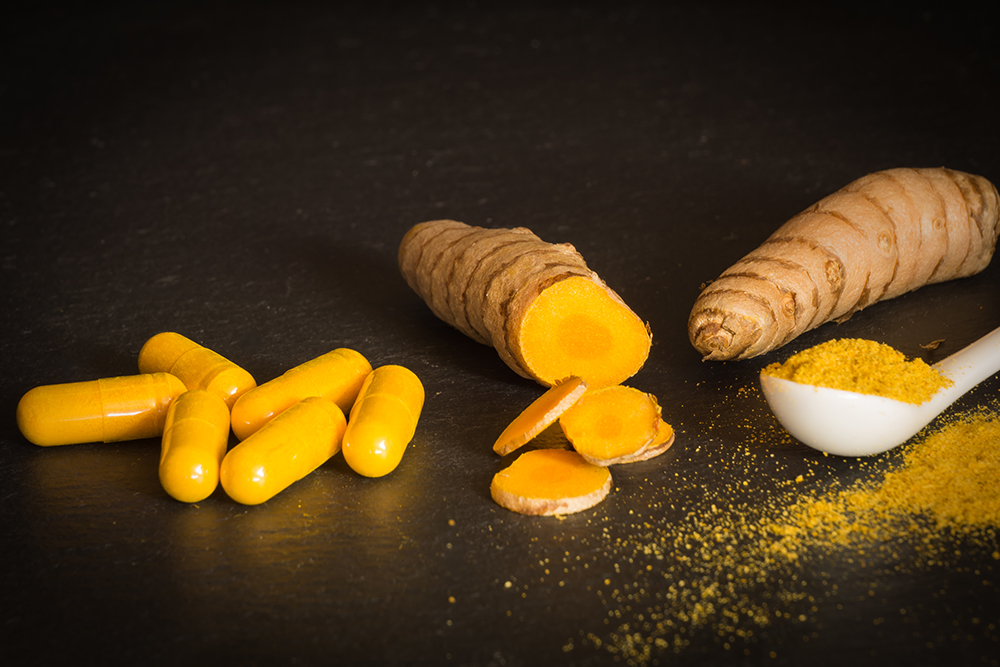
5. Curcumin (from Turmeric)
How It Helps: Curcumin, the active compound in turmeric, is celebrated for its potent anti-inflammatory and antioxidant properties. It can reduce arterial inflammation, enhance blood vessel function, and prevent plaque buildup in arteries.
Sources: Curcumin supplements, particularly those combined with black pepper (piperine), enhance absorption.
Recommended Dose: 500–1,000 mg per day of curcumin extract.
Additional Lifestyle Considerations
While supplements can be beneficial, they are not a substitute for a healthy lifestyle. A holistic approach to reducing stroke risk should include:
- A Heart-Healthy Diet: Adopting a Mediterranean-style diet rich in fruits, vegetables, whole grains, healthy fats, and lean proteins can significantly impact cardiovascular health.
- Regular Exercise: Aim for at least 150 minutes of moderate-intensity aerobic activity per week, coupled with strength training.
- Stress Management: Practices like meditation, yoga, or deep-breathing exercises can lower stress levels, which indirectly supports heart health.
- Avoiding Smoking and Excessive Alcohol: Both habits can increase blood pressure and damage blood vessels, raising stroke risk.
Caution: Monitor Interactions
Some supplements, like omega-3s or turmeric, can thin the blood. If you are on blood-thinning medications, such as warfarin or aspirin, consult your healthcare provider to avoid complications.
Supplements like Omega-3s, Vitamin D, Magnesium, CoQ10, and Curcumin can be powerful allies in your health arsenal, but they should be part of a broader strategy that prioritizes diet, exercise, and lifestyle changes. Stroke prevention is a multifaceted approach, and staying informed is your first step toward a healthier, stroke-free life.
